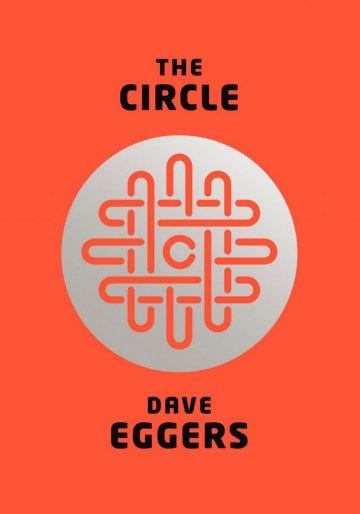Table of Contents
The Circle by Dave Eggers is several things. It is a quick, easy read. It is a semi-fictitious sketch of Silicon Valley, a pseudo-bildungsroman, and at times, an over-earnest attempt at the type of social commentary usually reserved for Evgeny Morozov. It is also a novel about technology, society and governance. Its most important generalizable property however, is that it is a series of quick thought experiments that are pertinent to even the least socially participative of Stanford students. In other words, you will find interesting and occasionally important questions in The Circle, but few answers – a ratio that I enjoyed.
Eggers doesn’t try to offer up tweetable soundbytes as answers to said questions, allowing The Circle to progress as an open-ended treatment of a prompt that is irresistible to us as ihum and SLE graduates – Where Are We Heading? And while the novel’s plot offers a fairly tight cause-effect narrative, Egger’s own instance of events are just a placeholder for any number of reactionary outcomes to aggregate trends – quantified self, radical tech enabled information transparency, ambient computing, ubiquitous social graphs, fully extendible genome APIs, and so on – Eggers merely ties these together with a string and a card that says “This is going to happen”. The truly interesting outcome, then, of reading the novel, lies in our own normative response to how these positive truths will determine two worlds – one we will live in, and another we will want to live in.
Depending on your own expectations from a novelist claiming to ask rigorous questions about technology and society, you may or may not be disappointed with The Circle- I certainly wasn’t, since I was taught to believe that Heidigger was the last contemporary philosopher with anything serious to say about technology. On the contrary, I find Egger’s primary insights to be tactical – pertaining to industrial organization and management. He spends painstaking chapters describing in minute detail the various processes that allow an Internet mega corporation to continue functioning as a shareholder value maximizer. Individually, these are not always original – but collectively, Eggers is almost encyclopaedic in scope and binary in approach.
Take the case, for example, of the transparent workplace. Riffing on this new rising trend to ‘hack’ employee productivity, Eggers turns the workplace into the ultimate reality TV show, detailing how the novel’s protagonist, Mae, alters her behaviour in incremental changes to account for growing numbers of viewers as her daily routine is recorded, edited, broadcasted and shared for public consumption. The novel contains dozens of these unitary process details, which make for excellent cultural questions – Why are shows like The Office runaway successes? Can radical and constant transparency overcome faulty decision making at the individual level? How are transaction costs overcome in complex organizations with distributed cost and profit centers? Again, the scope of questions here is distracting, but still neatly packaged in a short, paperback. Which is to say that the Circle is several things, but it isn’t hard to figure what intellectual niche it fills for you.





